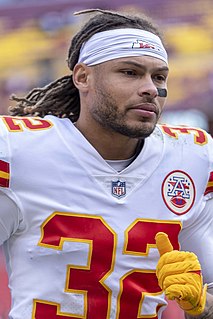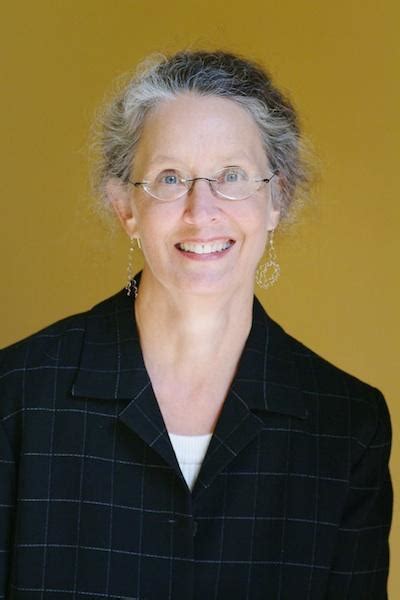A Quote by Maya Angelou
The autobiographer looks at life through the lens of his or her own life and really uses herself or himself as the jumping-off place to examine the social mores and the economic and political climates. In a way, the autobiography becomes history as well as the story of one person, for it becomes the story of a family or the story of the state or nation.
Related Quotes
Every family has a story that it tells itself, that it passes on to the children and grandchildren. The story grows over the years, mutates, some parts are sharpened, others dropped, and there is often debate about what really happened. But even with these different sides of the same story, there is still agreement that this is the family story. And in the absence of other narratives, it becomes the flagpole that the family hangs its identity from.
Most people who read the autobiography perceive the narrative as a story that now millions of people know, and it was - it's a story of human transformation, the powerful epiphany, Malcolm's X journey to Mecca, his renunciation of the Nation of Islam's racial separatism, his embrace of universal humanity, of humanism that was articulated through Sunni Islam. Well, that's the story everybody knows.
If the point of life is the same as the point of a story, the point of life is character transformation. If I got any comfort as I set out on my first story, it was that in nearly every story, the protagonist is transformed. He's a jerk at the beginning and nice at the end, or a coward at the beginning and brave at the end. If the character doesn't change, the story hasn't happened yet. And if story is derived from real life, if story is just condensed version of life then life itself may be designed to change us so that we evolve from one kind of person to another.
What drew me to Batman in the first place was Bruce Wayne's story, and that he's a real character whose story begins in childhood. He's not a fully formed character like James Bond, so what we're doing is following the journey of this guy from a child who goes through this horrible experience of becoming this extraordinary character. That, for me, became a three-part story. And obviously the third part becomes the ending of the guy's story.







































